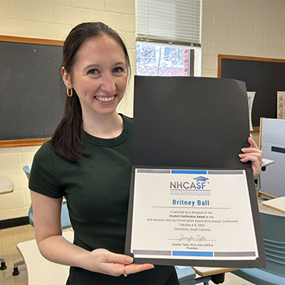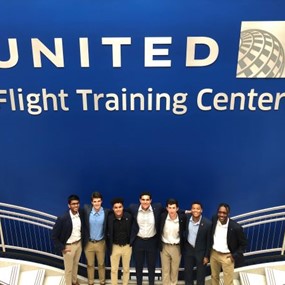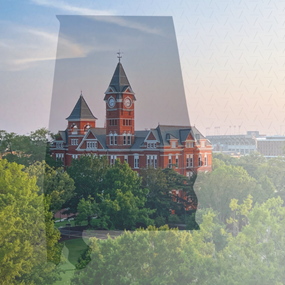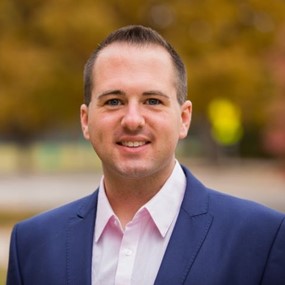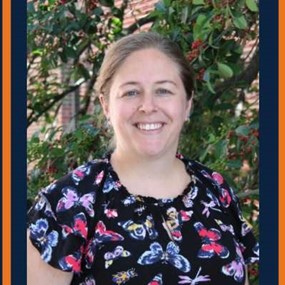Community of care: Bright Ideas TBI Camp provides help, hope for traumatic brain injury survivors
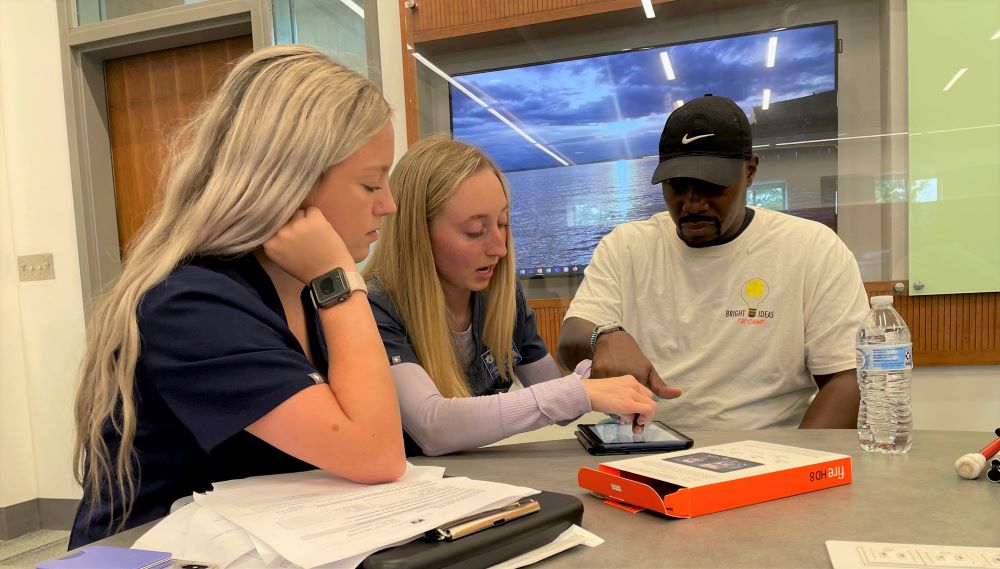
Roy didn’t know what to expect from the Bright Ideas TBI Camp at Auburn University. A grandfather, retired engineer and Auburn alumnus, he visited the camp after a traumatic brain injury, or TBI, from an accident affected his memory.
At the camp, Roy said he felt like a “rock star.”
“I haven’t had this much attention in years. People are supportive, they answer questions, they help you out. You’re not treated like a number,” he said. “You’re treated like somebody. Frankly, that’s what you come to expect from Auburn, is that level of attention.”
As a participant of the Bright Ideas TBI Camp, Roy spent three days at Auburn connecting with students and faculty across campus to help identify and address ways to improve quality of life following a traumatic brain injury.
TBI survivors receive testing, therapy, recommendations, referrals and tools from representatives from Auburn’s speech, language and hearing sciences, social work, nursing, kinesiology, rehabilitation and disability studies, and audiology programs, Alabama State University's prosthetics and orthotics program, and Tuskegee University’s occupational therapy program. Caregivers also receive legal advice, nutrition guidance, support services and mindfulness counseling at the Bright Ideas TBI Camp.
The Alabama Head Injury Foundation, or AHIF, organizes the Bright Ideas TBI Camp at colleges and universities around Alabama. AHIF Program Director Amy Eng said Auburn’s Department of Speech, Language and Hearing Sciences champions the foundation’s mission on campus by creating a community of care for TBI survivors.
“Our mission is to improve the quality of life and support the families of anyone in the state of Alabama recovering from a traumatic brain injury or a traumatic spinal cord injury,” Eng said. “With a camp like this, we’re engaging them by getting them involved with health care professionals and socially, by getting them on campus and engaged with students.”
Graduate students from across clinical programs partner with TBI survivors to guide them through the various exercises and treatments at the camp. Then, those student teams work together to provide holistic recommendations to improve quality of life.
The experience replicates what they will experience as practitioners in hospitals, clinics, schools, nursing homes and other centers of care. Julia Drew, a graduate student in speech-language pathology, said students get to know each participant and work as a team to identify treatment options.
“We’re observing what other disciplines are doing and what their role is in care,” Drew said. “Being able to collaborate and communicate gives us practice with other professionals. At the end of the week, we provide recommendations for the participants of things that might make their life easier, and they’ve told us how much we’ve helped them, but I don’t think they realize how much they’ve helped us.”
After spending every day of the camp with the same participants, students develop a strong bond with survivors. Speech-language pathology student Lindsey Shepherd said the camp combines students’ clinical and interpersonal skills to deliver quality care.
“It’s more motivating to study when you’re meeting real people and you see the information that you’re learning can actually really help someone right now,” Shepherd said. “TBI is something where we’re able to apply our counseling skills, compassion and empathetic listening more and see how meaningful that is to the participants.”
The Bright Ideas TBI Camp primarily serves two types of TBI survivors: those who are several years removed from the date of the injury and have run out of rehabilitation benefits, and those who are underinsured and haven’t received care outside of a hospital.
Jon Loeffler, a graduate student in audiology, said the camp lets students help TBI survivors by offering multidisciplinary, personalized care.
“We hear a lot about TBI. We don’t see those patients every day, and it’s kind of nice to let us make our own recommendations. You really get to find out how you can tailor your care and make someone’s life easier,” Loeffler said. “It’s exciting to see what other people do and work with them, and then you kind of get to see all aspects of their care. It’s so much different than any regular clinic.”
Students in the Department of Speech, Language and Hearing Sciences spend several semesters building clinical experience in the AU Speech and Hearing Clinic on campus, which provides evaluation and treatment services to patients of all ages.
Clinical Professor and Speech-Language Pathology Clinic Coordinator Laura Willis said the Bright Ideas TBI Camp helps students expand their patient care skills by engaging with an underserved community of TBI survivors.
“Nobody else is doing things like this,” Willis said. “It’s really unique that all of us would come together to look at the participant and deliver holistic care in one place. It’s a joyful environment. Participants feel like someone’s seen them and that they have a community of people. It’s wonderful to work with people who really want to help and care about participants as much as we do.”
After three days at the Bright Ideas TBI Camp, participants leave having received testing, counseling and occupational therapy from a team of excited students from multiple disciplines. Further, those students help participants prepare at-home exercises and technology to continue their improvement outside of the camp.
Roy, the participant who tried the camp without many expectations, left with memory exercises to do at home, ways to manage the complicated emotions around TBI and personal goals, including accepting changes in his mobility and not letting the TBI keep him from living a fulfilling life.
“There are some really good people here. They know what they’re doing,” Roy said. “They’re very understanding, they’re very nice to you and everyone I’ve been in contact with has been your friend. That means a lot. I’ve probably been impressed by that more than anything: the caliber of the people. It’s like a breath of fresh air.”
Find more information about the Department of Speech, Language and Hearing Sciences.
Tags: Community, Outreach and Engagement Speech and Hearing Clinic Speech Language and Hearing Sciences


